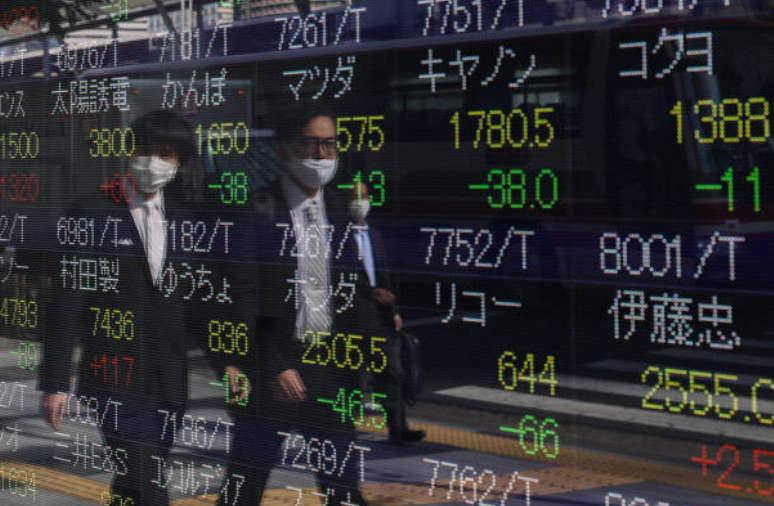August 5th marked a sharp drop in Asian stocks impacting countries such as South Korea, Japan, Taiwan, and the US. With the building anxiety of an American recession, the Asian stock market has certainly marked investors. The Korean Composite Stock Price Index (KOSPI), including major economic actors like Hyundai Motor Company and Samsung, declined 8,77% being called the new ‘Black Monday’.
This is the first time since the COVID-19 pandemic that a selling circuit breaker was activated. Equally, Korea Securities Dealers Automated Quotations (KOSDAQ) which represents innovating SMEs dropped by 11,30%. It is important to point out that this deterioration has attacked the market. This article will break down the multiple causes of this decline which has startled many mainly by looking at South Korea, Japan, and the USA.
Many track back the trigger to the Bank of Japan (BOJ).
On July 31st, the BOJ announced its plan to end negative interest rates. This soon impacted US stocks through the Yen carry trade. This practice is when investors borrow money from a country with low interest rates as Japan has been for a long time, and invest it elsewhere to generate higher return rates, such as the US. Thus, as a result of the elevated interest rate, investors had to sell US stocks to reimburse the BOJ which led to a decline in major US indexes. The S&P500 index representing the 500 largest US companies, and the NASDAQ Composite which includes a larger number of American companies fell 3% on Monday, the 8th of August.
Nevertheless, the Asian stock market was impacted by more than simply the BOJ’s new stance. The currently unfolding situation of the Yen carry trade is also crucial because of the growing instability of the US. The American Labor Department announced the unemployment rate of July as 4,3%, an increase from June and the highest since 2021. Along with the Yen carry trade rocking the stock market, Americans are worried that a recession is approaching. In this regard, opinions are divided. Some say it is a stretch to say this situation is a recession because the elevated unemployment rates are made by an increase in the offer of people willing to work rather than many people getting laid off. Others worry about the long-term consequences of the Yen carry trade.
Another contributor is the aftermath of the AI investment boom. For example, the rising AI hardware provider Nvidia has lost 6,4% which also explains the fall of Samsung Electronics and thus KOSPI. With impatient investors being disappointed with profits from AI and big tech companies such as Microsoft continuing to invest in large data centers has led shareholders to look for alternative solutions to generate profit.
As economists are cautious in making hasty judgments, divided policymakers, especially those impacted countries, must prepare solutions for influential economic modifications that are to come.






